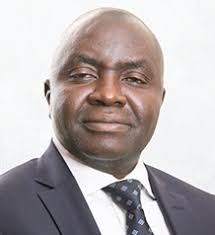 Dr. Muda Yusuf (Founder/CEO, CPPE)
Dr. Muda Yusuf (Founder/CEO, CPPE)
The maritime industry has not grown as one had expected. The growth has not kept pace with the growth of the economy. The level of investments in the sector, infrastructure, facilities, IT and others things have been lagging behind the growth of the economy. For the maritime sector to play its role very well, investments in the sector should be growing as economy is growing so that the sector does not create an obstacle to the growth of the economy.
If you look at the capacity of our ports, via a vis our trade, I think it is far less than what the capacity should be. The use of technology in the maritime space compared with global standards, we are not where we should be. If we look at other parameters like the cargo dwell time, the connectivity index in our shipping industry, all those metrics are not looking good at all. Many of the ports in our neighboring countries are far better than the ones we have here in Nigeria. Indigenous participation in the shipping industry is extremely low. We need to develop indigenous capacity and we have to do so deliberately and intentionally.
 David Etim (Deputy President, Calabar Chamber of CIMA)
David Etim (Deputy President, Calabar Chamber of CIMA)
The truth of the matter is that the maritime industry from a Nigerian developmental perspective has not at all grown. We have been turning around in circles since 1999. We have not really grown or progressed effectively. Let’s leave the concessioning of terminals and all that because that is really not the development of the trade. For us to say that our maritime trade is growing then Nigeria capacity to manage and control her maritime trade should be growing but that is not happening. Our biggest export today is crude oil, but Nigeria sells her crude oil on FOB basis. Even the hoping of our crude oil is borne by buyers as we don’t control our products. We need to address various aspects in our maritime industry in a manner that will definitely change the dynamics of Nigeria trade and we would go back to where Nigeria controls her trade from end to end like the early 60s when the Nigeria Shipping Line was established.
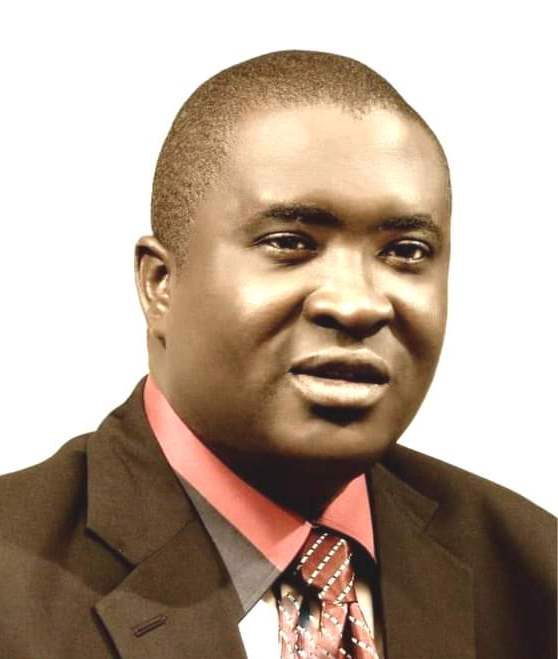 Francis Omotoso (Registrar, NAGAFF Academy)
Francis Omotoso (Registrar, NAGAFF Academy)
We have not gotten success yet, we are still on the path of success. The assessment is just that if the government can see to the yearnings of the practitioners to at least have a separate ministry just like Aviation and practitioners who are very related to the field should be brought on board to proffer solutions to the challenges being faced. I believe new innovations will still come up but it must be with the right personalities in control and ensure they do their best in the necessary changes that will move the industry forward. Democracy is about the government of the people, for the people and by the people. So if the government see it in that light, the narrative in the maritime domain will be changed. I believe the new dispensation will bring a lot of positive change to the industry.
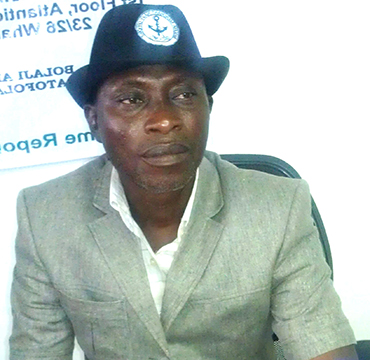 Engr. Matthew Alalade (Former President, Merchant Navy)
Engr. Matthew Alalade (Former President, Merchant Navy)
I think we are on course. What has bedeviled the industry since 1999 is just piracy and sea robbery on waters. That took a very long time by now, it has abated. We are on course since we have been able to tackle that especially at the Gulf of Guinea. Nigeria has been there at the IMO category C, but now we are struggling to come back so that we can become a maritime nation as the big brother in Africa. But on the whole, I think we are above 70 percent in my won expectation.
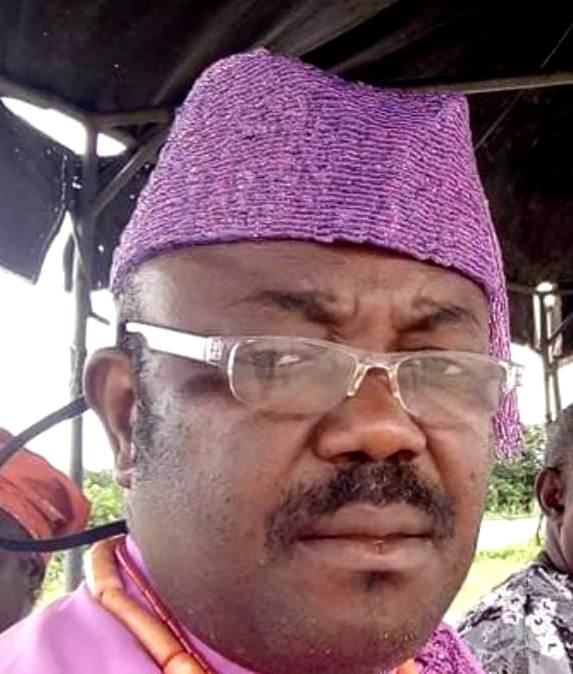 Chief Raymond Gold (National PRO, WABOTAN)
Chief Raymond Gold (National PRO, WABOTAN)
Business wise, there is an improvement. We are not there yet, but we are not where we used to be. That is why he are calling on the relevant MDAs to put on their thinking cap and do more than they have done. We believe that the new President from his previous works in Lagos seem to have an understanding of the maritime sector and the inland waterways, we look forward to seeing more improvements with some speed compared with previous administration.
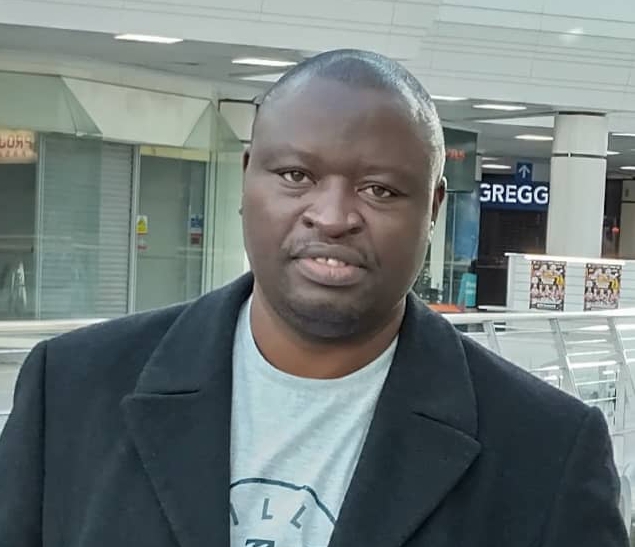 Captain Henry Gumwalk (Master Mariner)
Captain Henry Gumwalk (Master Mariner)
So far, there have been a little bit of growth in the entire maritime industry. If we look specifically in some units, especially the seafaring side, we would find out that there is actually nothing that has changed. We cannot actually point at anything to say that the life of a seafarer has changed. Nobody looks at the maritime industry and looks at the seafarers. They are more focused on cargo importation or exportation, but nobody looks at who brings these things. A lot of Nigerian seafarers are sitting at home without jobs while foreigners take over the jobs even in our territorial waters. We are optimistic that things will change in this new government.
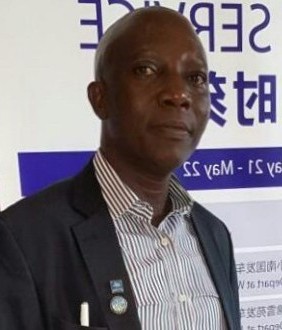
Babatunde Mukaila (National Secretary, ANLCA)
Since the advent of democracy in Nigeria, we have had options and healthy competitions particularly in the maritime industry. Absolutely none of the Military regime or other past regimes of government in Nigeria was better before democracy. However, improvement is needed in digitalisation of the processes in the maritime and shipping sector in other to forestall endemic human contacts and corrupt practices.
 Bala Muhammed (Secretary-General, AMATO)
Bala Muhammed (Secretary-General, AMATO)
Port concession since the return of democracy in 1999 in Nigeria has led to the establishment of new sea ports terminals that restored orderliness and sanity in our ports operations which is characterized by reduction in theft or loss of cargo, decreased under payment of import duty, expansion of the haulage industry due to the rise in the level cargo importations into the country, heightened level of security, controlled human and vehicular movements, advanced terminal handling equipment, enhanced human safety and environmental policy etc. However, despite all the achievements in the area of port concession since the return of democracy in the maritime industry, the construction of new seaport terminals in areas that used to serve as truck parks in the port environment without provision of alternative parking areas for trucks coming to do business in the port led to the emergence of chaotic traffic gridlock along our ports access roads today. Prior to the concession of the port, you can’t find any truck outside because there were enough parking spaces inside the ports for our trucks. With concession of the port, new sea port terminals were built on our truck parking areas in the port. The astronomical rise in the level of importation stimulated increased vehicular movements to the ports without provision of adequate parking space by government, eventually led to indiscriminate parking of trucks along the ports access roads.
Follow us on Facebook/ twitter














